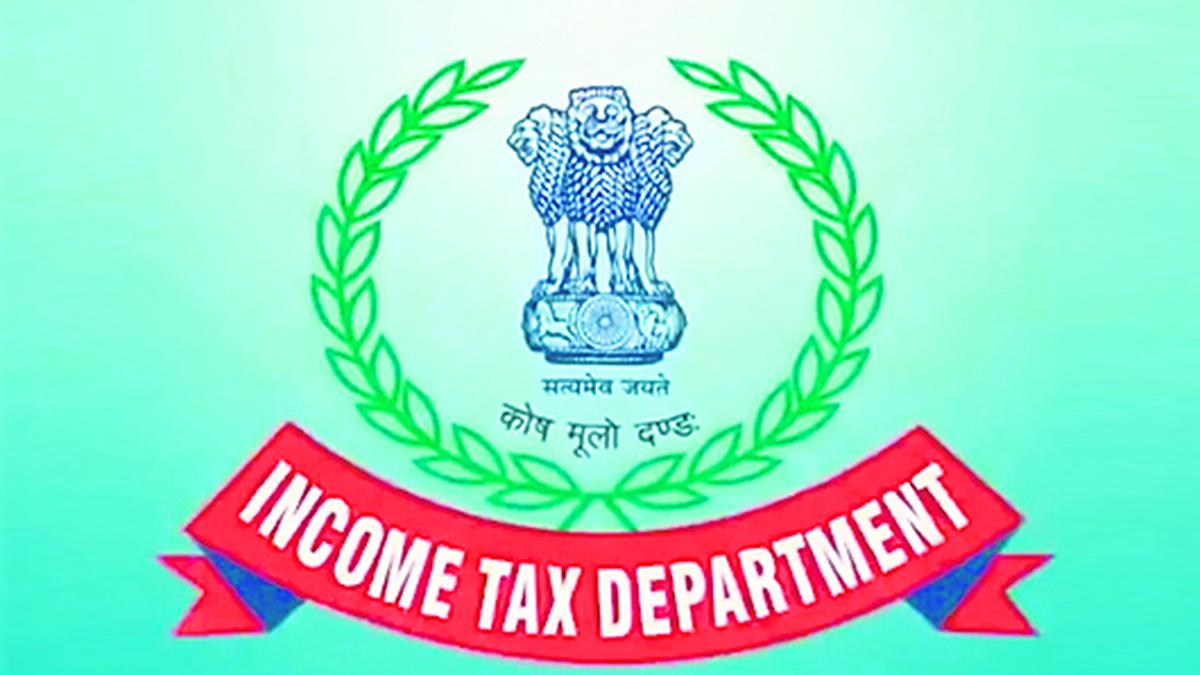
CBDT allows tax officials to waive or reduce interest due from assessee
The Hindu
Income Tax Department allows officials to reduce or waive interest for taxpayers based on specified conditions, promoting transparency and efficiency.
The Income Tax Department has allowed tax officials to either waive or reduce interest payable by a taxpayer, subject to specified conditions.
Under the Income Tax Act Section 220 (2A), if a taxpayer fails to pay the tax amount specified in any demand notice, he/she is liable to pay interest at 1% per month for the period of delay in making the payment.
The Act also empowers Principal Chief Commissioner (PrCCIT) or Chief Commissioner (CCIT) or Principal Commissioner (PrCIT) or Commissioner rank officers to reduce or waive the interest amount due to be paid.
The Central Board of Direct Taxes (CBDT) through a circular dated November 4 has specified the monetary threshold of the interest that can be waived or reduced by the tax officers.
Accordingly, PrCCIT rank officer can decide on reducing or waiving interest due of more than ₹1.5 crore. For interest due above ₹50 lakh to ₹1.5 crore, CCIT rank officer will decide on the waiver/reduction, while PrCIT or Income Tax Commissioners can decide on interest due up to ₹50 lakh.
The power of reduction or waiver of the interest payable under Section 220(2A) would be subject to satisfaction of three specified conditions — payment of such amount has caused or would cause genuine hardship to the assessee; default in interest payment was due to circumstances beyond the control of the assessee; the assessee has cooperated in inquiry relating to assessment or proceeding of the recovery of any amount due from him.
Nangia & Co LLP Partner Sachin Garg said: "This move of CBDT is expected to facilitate expeditious disposal of applications by a taxpayer for waiver or reduction of interest under Section 220. It may be noted that there is no change in the specified conditions that are required to be met for seeking such a reduction or waiver of interest under Section 220 of the Act."











